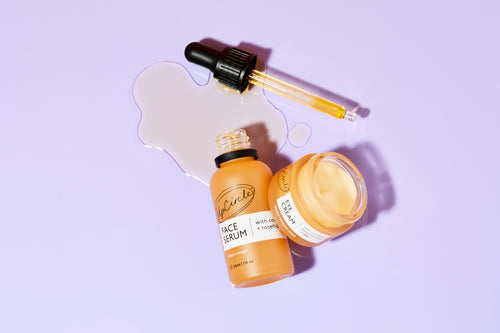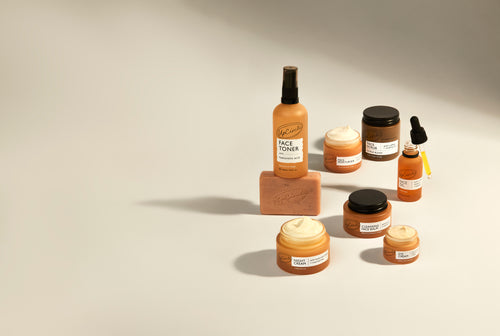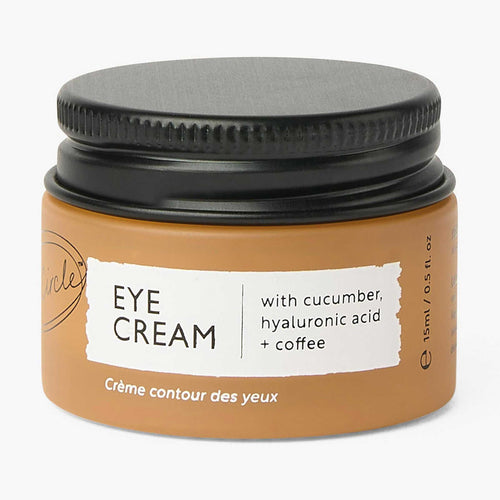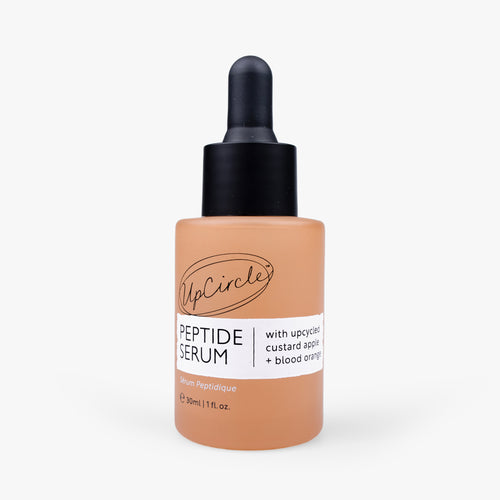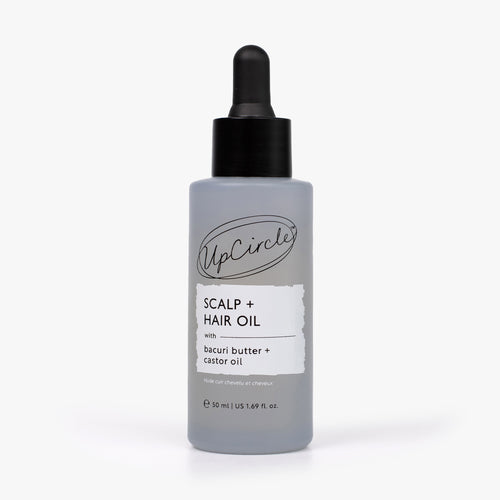What are the real costs of your clothes?
It’s safe to say that more often than not, the clothes that we buy should probably be costing us more. If you properly factor in staff, overheads like rent, materials and global transportation, the price of a simple sweatshirt should be (a lot) more than £10. We really need to consider the true cost of the clothes that we take for granted every day! I say ‘we’ because we are all potentially a part of the problem, not just the head honchos of the fast fashion industry or fashion Influencers and Youtubers. We’re all part of the cycle of buying, wearing and then discarding.
I may have jumped the gun a tad, so if you don’t know what “fast fashion” is, let me give you an overview! In a rapidly evolving world with increasing consumer disposable income and a strong demand for on-trend apparel, fashion brands are having to align themselves with the fast pace of our needs. Hence the reason trends only last a short period of time.
Not only that, but the turn around from catwalk to shop floor is becoming shorter and shorter, as the demand for high-end fashion in high street bricks and mortar accelerates. In a nutshell… ‘fast fashion’ allows brands to provide cheaper apparel to their consumers in less time, through shorter fashion cycles.
So how does this affect our environment..?
To start, fashion is the second largest polluter in the world, owing to all the toxic chemicals, water pollution and textile waste that is produced during the process of making clothing.
As an overview, making one pair of jeans releases more greenhouse gases than driving a car for 80 miles. In addition, when we throw away unwanted clothes made from non-biodegradable fabrics, they can take 200 years to decompose on landfill sites. Polyester and other synthetic materials also have a major effect on the environment because when washed by your normal household washing machines they release 1,900 fibres which add to the plastic levels in the ocean. Yikes.
So how can we help the situation?
It sounds clichéd, but change starts with you. Changing our own consumption patterns is what alters the pattern of consumer demand which:
1) Sends the message to fast fashion brands that they have to change their business model as the status quo is no longer working.
2) Starts to create the demand for alternative infrastructure (e.g. businesses where you can rent clothes).
Remember how we hated sugar and calories, so they made coke Zero? Then we hated chemical aspartame and artificial sweeteners so they make Coca Cola Life (the stevia product)? Or how rising numbers of vegans mean everywhere has a non-dairy milk option, even Pret and Costa? That is how WE make change. We must be the change we want to see. We can create the new normal.
Easier said than done perhaps. So we have included some tips below for becoming a more sustainable shopper.

1. Follow the ‘Buyerarchy of needs’
1. Ask yourself, do you really need that new top, or can you rejig one you already own? Remember fashion is what you make it!
2. Before you throw out your clothes offer them to friends and family. Or, if they’re not on board with your funky style hopefully future generations will be! So bury your garms in a time capsule for your future grandchildren – rule no.1 - vintage never goes out of style. Or send to a charity shop.
3. Buy from more ethical, transparent and conscious brands – less fast fashion, more slow but high quality and long-lasting fashion!
4. Patch up the hole in your socks - or make them into sock puppets - before throwing them in the bin!
2. Rent your clothes
As the cost of fast fashion becomes more apparent, innovative new brands are being launched to provide sustainable solutions. The most exciting concept to hit the slow fashion world this year is renting. Rental websites enable you to rent clothing for a fraction of the retail price for a limited amount of time – perfect for holiday wear and occasion wear. This comes after ASOS recently changed its returns policy to crack down on ‘serial returners’ who essentially rent clothes from ASOS for free.
1. HURR Collective – The website of London based HURR feels like you are browsing through Net-a-Porter. Products are delivered by bike straight to your door in a canvas bag and they have partnered with Blanc Living, the UK's leading eco-friendly dry-cleaners.
Other interesting companies include Frontrow, Wear The Walk and Sustain Sister.
3. Join the ‘Slow Fashion Exchange’ on Facebook
A group set up by slow fashion queen Venetia Falconer, the group has people from all over the globe and has everything from local clothes swap details to advice on what to do with old jeans or threads with members debating the best sustainable swimwear brands. The go to forum for all things slow fashion - join here!
4. Guppy friend!
When washing your (OLD!) microfibre or synthetic clothing (because all your new clothing will be 100% organic linen or cotton…!) use one of these bags to ensure the micro plastic pollution from washing does not go into the oceans! It’s cheap and makes a huge difference. There are many brands available but this seems to be the most popular - get yours here!
5. Support sustainable brands
The below are some of our favourite sustainable clothing brands – all are focused on sustainable practices, from natural materials, local sourcing, fair wages and small capsule collections with low product turnover or even better, made to order items meaning zero waste!
1. Lucy & YakRecently built a new factory in India where the products are produced all employees are paid at least four times the minimum wage. They operate with a view over the Indian desert and farmland and are guaranteed an air-conditioned work environment (vital in India’s hot summer!). Every package the team send out only contains items that are either Biodegradable, Re-usable, recycled and of course wearable.
2. Awoke N' Aware
Awoke N' Aware is the new ethical and sustainable fashion brand on the scene, donating 15% of their profits to wildlife conservation. Each animal logo represents a different conservation that you will support by purchasing. The clothing is made with sustainable fabric like organic cotton or materials made from recycled water bottles! It's easy to give a f*ck with Awoke N' Aware, so here's your chance to do good, and look good doing it! Use code "upcirclegives" for 10% off!
3. ETHCS
ETHCS are known for their bold slogan clothing, made with organic cotton. The workers who produce their clothes are protected under the Fair Wear Foundation, which means:
X No child labor
X No forced labor
X No employee discrimination
X No excessive work hours
O Safe and healthy working conditions
O Fair living wage
O Legal labor contracts
O Freedom of association

